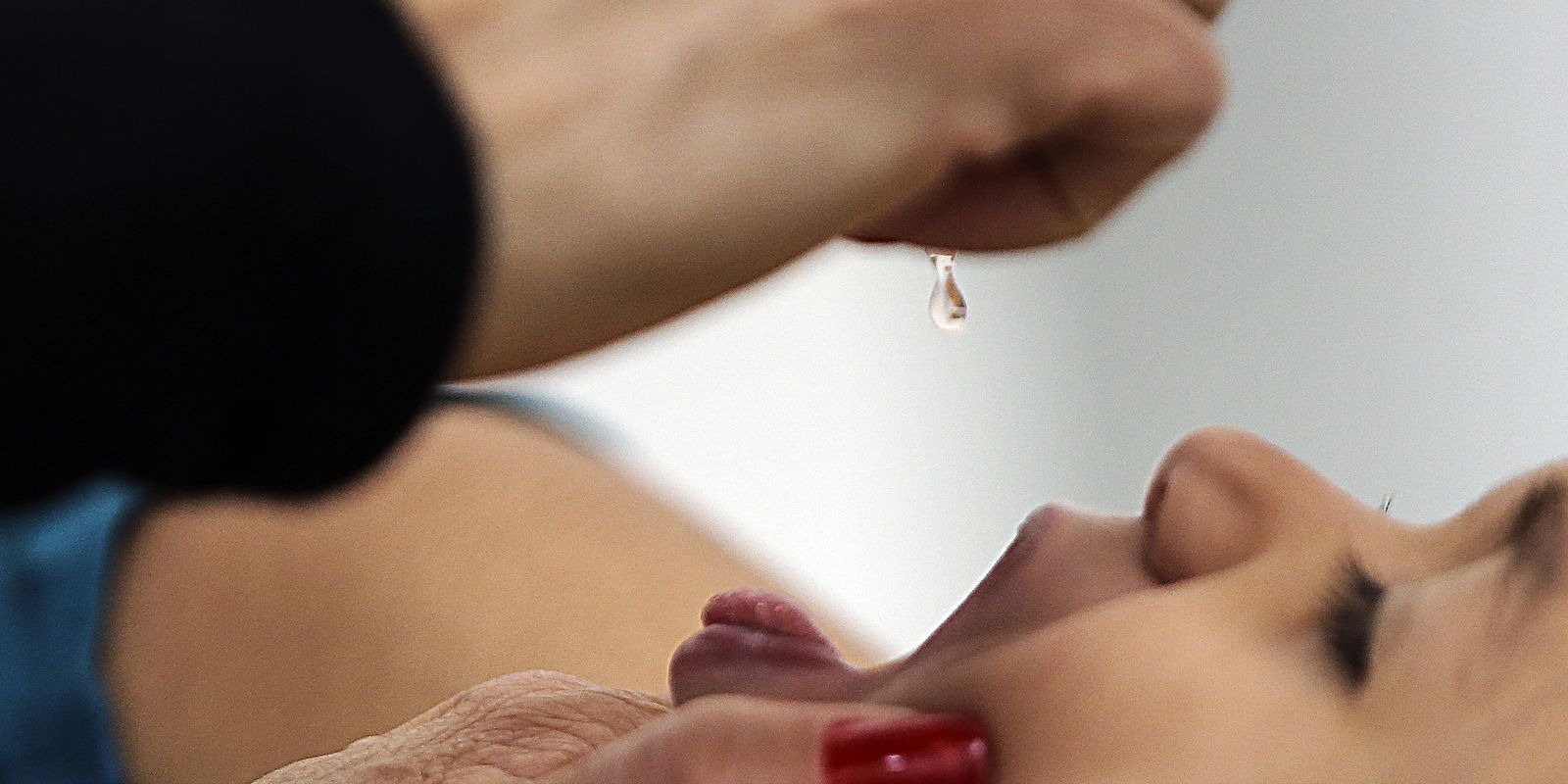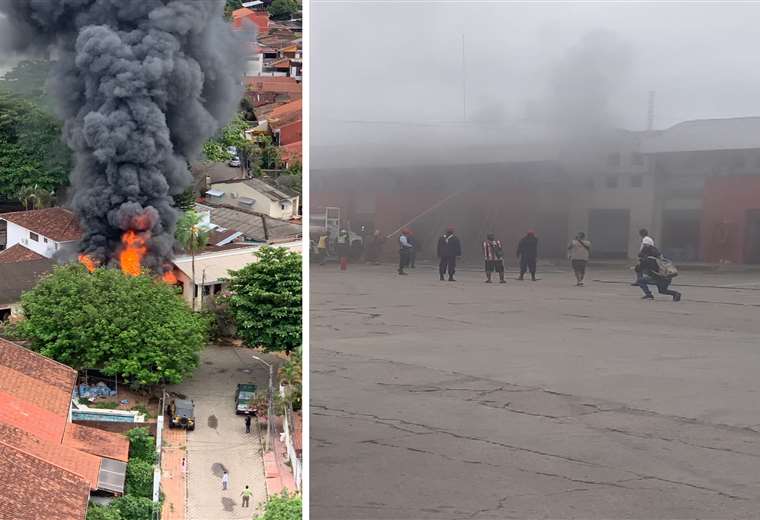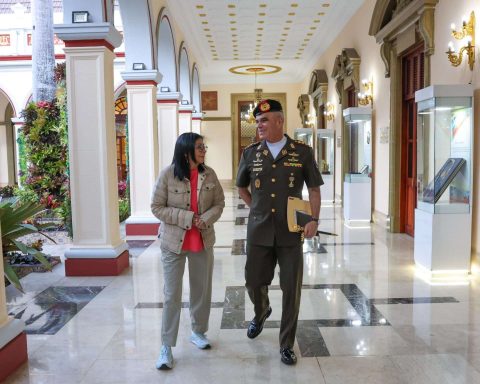To encourage the immunization of children, adolescents and the general population, the Minister of Health, Marcelo Queiroga, participated today (12) in a vaccination event in the city of Aparecida (SP), a city that is full of faithful and devotees who participate celebration dedicated to Our Lady Aparecida, patroness of Brazil.
At a basic health unit (UBS), in the center of the city, the minister applied the polio vaccine to a child and reinforced the importance of vaccination. “Has anyone ever seen a case of polio? Fortunately few saw it. I lived, in my school, as a child, with classmates who had polio. We don’t want polio back. And we know what we have to do to not have her among us. We need to vaccinate our children. It is our duty and our children’s right,” he said, during the event.
According to the ministry, vaccination against polio is still below expectations in the state of São Paulo. The goal is to vaccinate 95% of the target audience, but so far, only 59.2% of children under 4 years of age have been vaccinated. Throughout Brazil, the ministry said, 62.5% of children were vaccinated. Achieving the goal is important to prevent the disease, also known as infantile paralysis, which was already eradicated, from return to the country.
“Vaccine coverage has gone down, in part, because people think they’ve gotten rid of this enemy. But we have to be careful with these enemies, who are sometimes hidden or trapped and, when we least expect it, they come back. People thought they were free of polio and stopped looking for vaccination rooms,” said the minister. “Vaccination coverage is low and we need to ensure that it is recovered”, he added, saying that the ministry’s goal is to vaccinate 95% of children under five years of age, an estimated public of 15 million people in the country.
“We have to understand that, well before the pandemic, before talking about vaccination against covid-19, we were already showing a drop in our vaccination goals. And we need to make people aware that vaccinating means protecting our children from diseases that were eradicated and that may return”, reinforced the State Secretary of Health of São Paulo, Jean Gorinchteyn.
Immunization
During the immunization action promoted by the ministry, the population under 15 years of age will be able to update their vaccination record, having access to hepatitis A and B vaccines; penta (DTP/Hib/Hep B); 10 valent pneumococcal; VIP (inactivated polio vaccine); HRV (human rotavirus vaccine); meningococcal C (conjugated); OPV (oral polio vaccine); yellow fever; MMR (measles, mumps, rubella); tetraviral (measles, mumps, rubella, chickenpox); DTP (triple bacterial); varicella; quadrivalent HPV (human papillomavirus); adult duo (diphtheria and tetanus); and covid-19. The ministry warns that all these immunizers are safe, are part of the National Immunization Program (PNI) and have approval from the National Health Surveillance Agency (Anvisa).
Campaign
The ministry informs that the target group for vaccination against poliomyelitis is children under five years of age, and children under one year of age should be vaccinated according to the vaccination status found for the primary scheme (inactivated vaccine against poliomyelitis – VIP ).
In Brazil, all babies must receive the inactivated polio vaccine (VIP) at 2 months, 4 months and 6 months of age. The vaccine has been injected since 2012, and its use has made immunization against polio safer, because the content of the vaccine is the “dead” virus, inactivated, which eliminates any risk of viral replication after vaccination. Already immunized with these three doses, children should receive the famous drops of oral polio vaccine (VOP), at 15 months and 4 years of age, as a booster in immunization.
Multivaccination is a strategy where vaccines from the National Vaccination Calendar are offered to the target population. The objective is to make it easier for parents or guardians to go to the health service to update the vaccines for children and adolescents.
Updating the vaccination card is important because it protects children and adolescents against vaccine-preventable diseases, preventing outbreaks and hospitalizations, sequelae, deaths or treatments for diseases that can be prevented through vaccines. “We cannot see tragedies that we have seen in the past, such as the consequences of infantile paralysis or the death of children. We can protect children with two drops [de vacina]”, reinforced Gorinchteyn.















